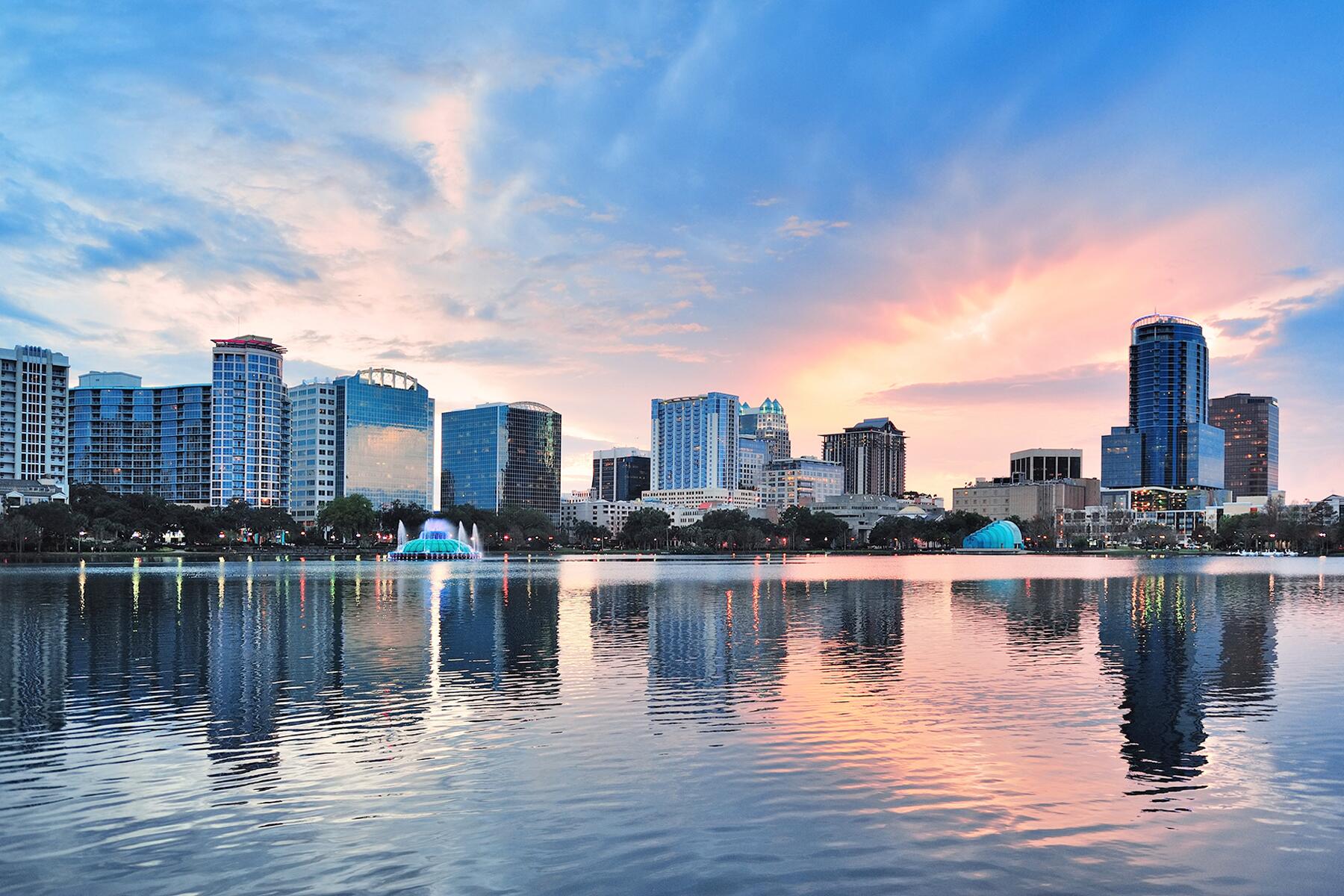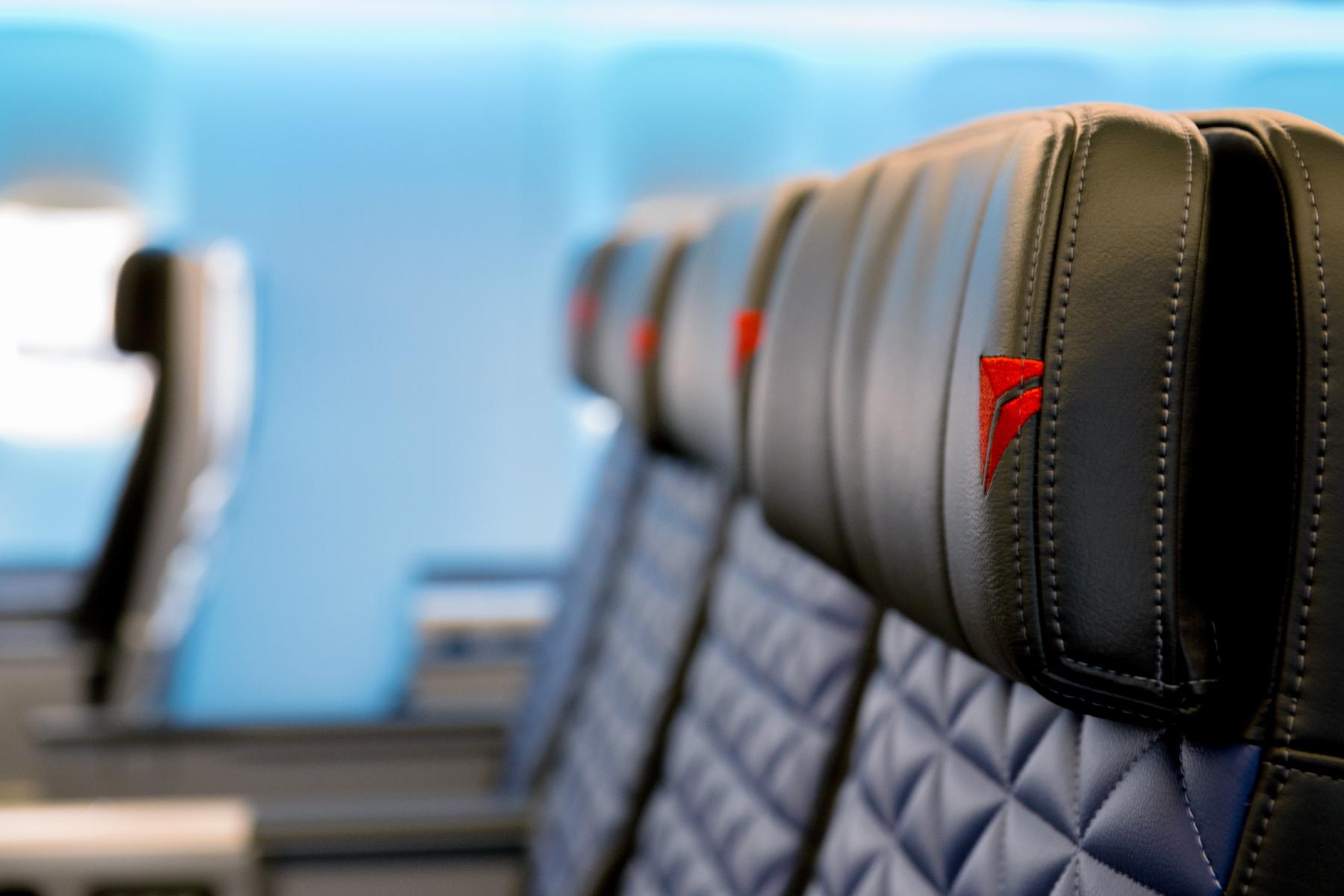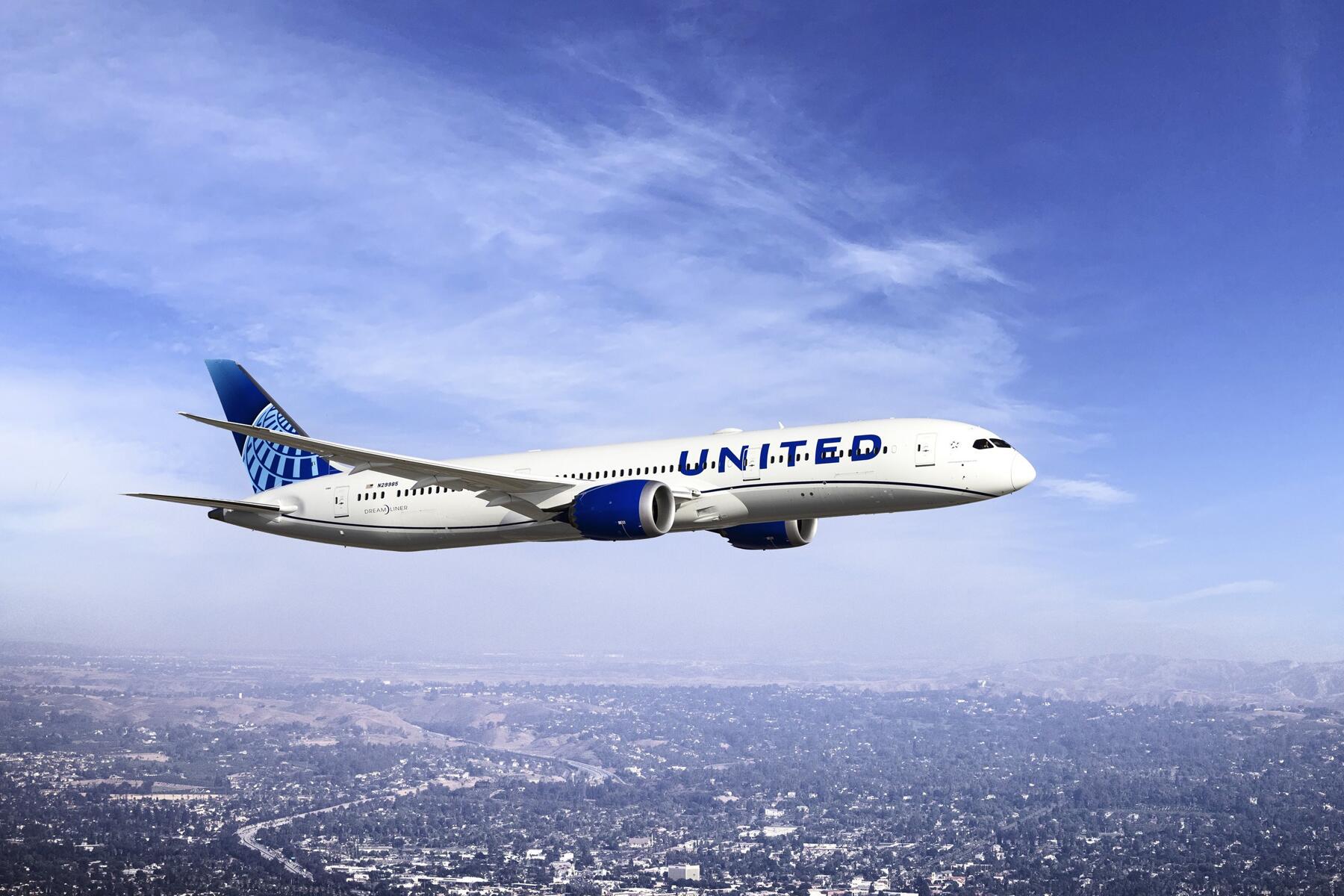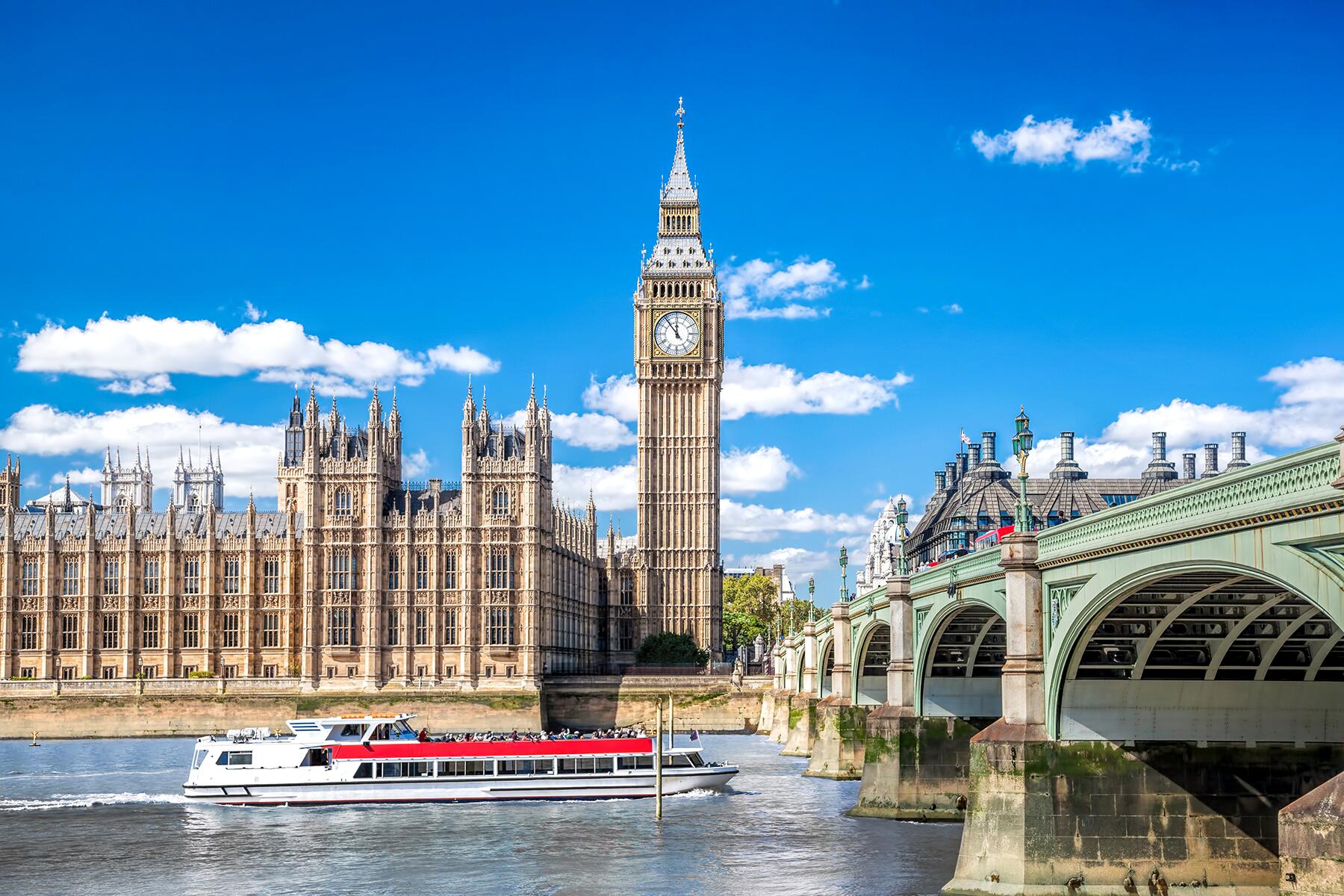Traveling to or from the U.K. is going to be slightly more expensive from April 1.
Air passengers traveling to or from most airports in the United Kingdom will pay higher taxes on their tickets for flights departing after April 1, 2024.
The Air Passenger Duty is collected by airlines in the total ticket cost on flights to or from the U.K. and varies based on mileage and class of service. For flights over 5,000 miles (i.e. nonstop flights to London from U.S. cities south of Portland, Oregon, and west of Salt Lake City) the taxes are increasing £1-2. For flights over 2,000 miles (all other flights from the U.S. to the U.K.) the taxes are increasing £1-3. The largest increases are for private jets (those with fewer than 19 passengers) operating on long-haul flights, where the taxes are increasing from £6-7.
The new amounts range from £88-92 ($112-117) for economy class and £194-202 ($247-258) for any class higher than economy, such as premium economy, business, or first. Passengers pay these amounts included in their total ticket price, so they won’t have to do anything extra to pay the levy, but passengers who have already confirmed reservations prior to the announcement of the increases may be liable for the difference if they make voluntary changes to their tickets.
Passengers traveling on award tickets must also pay the levy, as the majority of airlines do not include international taxes and fees on award tickets. It’s worth noting that the tax only applies to passengers with an origin or destination in the United Kingdom, and not to passengers making immediate connections to or from flights outside the U.K.—so passengers bound for the European Union or destinations further afield will not be subject to the air passenger duty.
Top Picks for You
Recommended Fodor’s Video
Flights departing from or bound for Northern Ireland are also not subject to the duty, ostensibly because it would create a competitive disadvantage for Northern Ireland airports. Total fares on Northern Ireland flights would be significantly higher than those at Dublin, in the Republic of Ireland, less than two hours away by train. It is worth noting, however, that there is currently no nonstop service between Belfast and a North American airport.
The Air Passenger Duty is paid to His Majesty’s Revenue and Customs and goes into the general fund—that is, the money isn’t channeled directly into services for airline passengers. The U.K. Passenger Service Charge, which is also paid by airline passengers in the cost of their ticket, is routed to cover airline charges from the airports they serve, and is collected from all passengers arriving in or transiting airports in the U.K.—even if they’re directly connecting between two other countries.
In the United States, passengers pay a percentage tax of 7.5% of the fare on airline tickets. This partially pays for the Department of Transportation to operate the nation’s air transportation system (e.g. air traffic control, safety agencies like the FAA and NTSB). There are also federal segment fees, security fees, and passenger facility charges which airports may levy to improve passenger facilities (the law prohibits airports from allocating the funds to overhead or marketing).
Taxes are lower in neighboring countries. In France, the passenger taxes on a similar transatlantic journey to the United States total $66. From Germany, it’s $114.




